Latest News
Lack Of Professional Approach To Legalization Of Gambling

 Reading Time: 6 minutes
Reading Time: 6 minutes
The necessity of legalization of gambling in Ukraine has been the topic of interest for a long time. The new government, at the initiative of President Zelensky, has been trying to do this for almost a year now. Experts gave hundreds of comments about this process, journalists wrote dozens of articles, and deputies held many meetings of various working groups. In general, the relevant bill has undergone a number of changes and for a long time has been evolving step by step to an increasingly acceptable form: the general opinion of the market is that the law should be the same for everyone, everyone is ready to certain compromises, and even a high fixed cost of licenses is considered acceptable when the tax on gross gaming revenue (GGR) is abolished. But today the improvement of the bill hit up against the interests of the lottery pool of deputies, who are trying in every possible way to maintain the monopoly position of the lotteries and the associated gray schemes of work of other types of gambling. For this reason, the bill 2258-d on second reading runs the risk of entering the session hall with a number of fundamental problems that will simply nullify the positive effect of the legalization of gambling in Ukraine.
The motivation of the deputies from the lottery circle is obvious, they simply work off the corrupt rent of their patrons. But the motives of the deputies close to President Zelensky are not clear. In case of collapse of legalization or failure to get the expected results, this initiative will turn into a pile of stones that will be thrown at the President by both the opposition and other enemies without hesitation. Especially considering the fact that the President took this issue under his personal control.
Two main factors have caused the current unfavorable situation regarding the legalization of gambling in Ukraine: 1) the subjectivity of certain influence groups (strongly represented by the lottery pool of deputies), and 2) an exclusively theoretical understanding of the mechanism of work and specific features of the gambling business, which can be observed in the statements made by the head of the relevant committee, Daniil Getmantsev. Thus, instead of a broad discussion with future gambling operators, which could contribute to the development of a realistic draft law, we get a substitute for lottery “wishlist”, and an ordinary incompetence.
It will take more than one article to describe all the mistakes of legalization of gambling “in the Ukrainian style”. But nevertheless, the most striking moments can be singled out, without the resolution of which all the previous work will go down the drain.
So, the biggest problem is that the work on the relevant law is carried out without regulating the tax aspect of the organization of gambling. This approach may result in gambling operators paying taxes of 50-60% of profits for doing business legally. In this case, legalization will remain only on paper, as well as the long-awaited income to the treasury. Therefore, it is now extremely important to start a broad discussion on the tax burden for the gambling business. Since the budget of Ukraine needs fast money, and setting up an online monitoring system to track gross gaming revenue (GGR) requires considerable amount of time and specialist training, it would be logical to keep high license fees, but abolish the GGR tax. To understand the numbers, we want to remind you that for one license for 5 years, gambling operators in Ukraine will have to pay (ed. – take into account currency rate fluctuations): a casino – from $5.8 million to $20 million, depending on the number of rooms in the hotel; bookmakers – more than $21 million; lottery distributors – $14.7 million; gambling rooms – $145 thousand; online casinos – $2.4 million. At the same time, legislators plan to establish the GGR tax in the range of 18-25%, in spite of the bill 2713-3, which abolishes the tax on gross gaming revenue (GGR).
In general, world experience provides a choice between two options – either a high license fee or a GGR tax. More precisely, with a GGR tax a license fee may be levied, but then its amount is set at a very low level. In fact, a high fixed license fee is a tax on gross revenue paid in advance. Here are some examples from world experience.
In Britain, for example, a one-time fee for applying for a gambling license is €5,730, and a staff/ management license is about £330. The head of a gambling establishment is also obliged to pay an annual fee to ensure that his current license continues to be valid. The annual license fee depends on the gross turnover of the company. Gambling in England is subject to two taxes: 15% tax on total gaming revenue, and 18% income tax.
In the Netherlands, taxation on the organization and conduct of gambling is also quite high. Casino operators must pay a 29-percent gross revenue tax on games. In addition, they must also contribute 1.5% to the development of the gambling association and 0.25% to the fund against drug addiction.
Swedish casinos are obliged to pay a tax of 18% of their total gaming revenue. For doing business in the country you also need to purchase a license. It can cost from 6 to 70 thousand euros.
In Malta, the gaming tax makes up 5% of the revenue generated from certain gaming services during the relevant tax period. The tax on gaming devices in Malta varies from 12.5% to 30% for different types of licenses. Malta gambling management requires a company applying for a gaming service license to have a minimum share capital from 40 thousand euros to 100 thousand euros, depending on the type of gambling establishment in terms of profitability.
In France, the rules for calculating tax rates are as follows: the gambling turnover tax is 8.5%, and income tax is additionally paid at the standard rate of 28%.
In addition to taxes, all casinos also pay certain fixed fees. So, the budgets of municipalities on a daily basis receive 12 euros from the first roulette that opens and 6 euros from each subsequent roulette that opens.
Thus, the tax on GGR is usually used in those countries where there is no license fee or it is symbolic. In most countries where gambling is legalized, the authorities understand that gambling brings sufficient revenues to the budget, but it requires an adequate tax base.
To introduce the GGR tax, an optimal monitoring system is needed. It shouldn’t be overloaded, the way our parliamentarians do this, striving to stuff everything possible and impossible into monitoring. This approach is an evidence of a superficial and purely theoretical knowledge of the authors of such ideas. For the GGR tax, the most important thing is to control the entry and exit of funds. For example, if 2 million UAH was brought during quarter, and 1.8 million UAH was given away as wins, then out of 200 thousand the GGR tax will be calculated. Everything is extremely simple. It is better to transmit information in the online monitoring system in non-personalized form and in a package, rather than in real time format and with all the data about the player, because otherwise, any halting will lead to an interruption in the operator’s work or to an unintentional violation of the law. But until such a simple and effective system is offered, it is better to use a high license rate and not charge the GGR tax.
If the gambling business is nipped in the bud, then the budget will not get any money. Therefore, the philosophy of the attitude to this type of business needs to be changed, it is necessary to create an adequate tax base and equal conditions for all operators. In response, the state will receive both substantial revenues to the budget and substantial amount of money for charity. Historically, gambling money goes to support social projects. For example, in France, theaters were built on taxes from the organizers of gambling establishments, and a famous opera house was built in Baden-Baden (Germany) on the tax revenues from the gambling industry. In the Netherlands, the representatives of the gambling industry sponsor the football championship, and in Canada – the annual stage of Formula 1 auto racing. In the USA, casinos finance basketball and hockey clubs.
In many countries, the distribution of tax revenues from the gambling business goes under special budget items. In Denmark, 65% goes directly to the Ministry of Culture and is directed to the development of sports and cultural life. In Finland, profits from lotteries and casinos are directed through the Ministry of Education to finance the development of national culture, and state revenues from betting on horse races are used to stimulate the development of national horse breeding and to conduct equestrian competitions.
For centuries, the authorities of various states have been convinced that human passions, including excitement, can’t be eradicated and prohibited, and therefore the only adequate solution is to find a reasonable compromise between the state, business and player. Many European countries have accepted such a philosophy a long time ago, and it’s time for Ukraine to finally take this path by creating a competitive market that will: a) be attractive to foreign investors; b) create hundreds of thousands of well-paid jobs, and c) replenish the budget with tax payments.
Source: Latest News on European Gaming Media Network
This is a Syndicated News piece. Photo credits or photo sources can be found on the source article: Lack Of Professional Approach To Legalization Of Gambling

Latest News
White Hat Studios launches with Betly mobile sportsbook and casino in West Virginia
Partnership sees leading branded content and popular Jackpot Royale integrated into Delaware North’s Betly online casino in the Mountain State
White Hat Studios, the “House of Brands” provider to the United States iGaming market, has partnered with Delaware North to launch on its Betly mobile sportsbook and casino in West Virginia.
The leading provider aims to build its online casino offering with the addition of the industry’s top-performing games.
Betly players in West Virginia will now have access to White Hat Studios’ acclaimed portfolio of premium branded titles, including Ted, The Goonies, and the award-winning 7s Fire Blitz series.
Also included in the rollout are the popular Jackpot Royale and Jackpot Royale Express progressive jackpot networks, currently live across more than 40 titles, and the first Betly-branded iCasino game – Betly Player’s Choice Blackjack.
Designed to elevate player engagement and boost retention, the addition of these promotional tools adds another layer of excitement to the Betly casino offering.
White Hat Studios has made significant strides in its U.S. growth trajectory since launching in 2021, consistently delivering high-performing content across multiple states. West Virginia remains a key market for the provider, following its remarkable success in all seven regulated U.S. iGaming states.
The collaboration represents another major step in White Hat Studios’ expansion across regulated U.S. states and reinforces its reputation as a go-to content partner for forward-thinking operators.
Daniel Lechner, SVP Sales and Marketing at White Hat Studios, said: “We’re thrilled to be partnering with Delaware North on the Betly online casino app in West Virginia.
“This partnership reflects our ongoing commitment to delivering top-tier content quickly and seamlessly to operators across the U.S. With our portfolio of fan-favorite branded titles and innovative features like Jackpot Royale, we’re confident we’ll make an immediate impact for Betly and its players.”
Bob Akeret, General Manager for Betly, added: “We’re excited to welcome White Hat Studios onto our Betly platform in West Virginia. Their reputation for delivering engaging, high-quality games, especially branded content, makes them an ideal partner as we continue to elevate our casino experience.”
The post White Hat Studios launches with Betly mobile sportsbook and casino in West Virginia appeared first on Gaming and Gambling Industry Newsroom.
Latest News
Games Global and Slingshot Studios expand Cashingo™ series with Eruption Blaze Cashingo™
Title pairs advanced Cashingo experience with ULTRA Link&Win enhancements
Games Global, together with its exclusive studio partner, Slingshot Studios, has released Eruption Blaze Cashingo, bolstering the popular series with a feature-rich release, where jackpots up to 5,000x chart a path to 13,283x win potential.
Set against the backdrop of a lava-spewing volcano, every cash and jackpot coin that lands is added to the mirrored Cashingo grid, with the value of all prizes paid out when a horizontal, vertical or diagonal row is completed.
Adding further variety to the action is the integrated ULTRA Link&Win feature, which can be activated by landing six or more coins. The feature begins with three respins on a 5×5 reel set, with three extra rows initially locked. Keys can unlock additional rows, expanding the reels and increasing win potential.
Special Boosters can appear during the round, including Doublers that increase the value of up to four cash prize coins and Collectors that gather all visible cash coin values at once. Persistent versions of these boosters remain active, while Extra Life coins award an extra spin once the initial respins are exhausted.
Free Spins offer a change of pace and greater depth, with a Power Stacks feature enhancing wild and coin symbols to elevate potential.
Eruption Blaze Cashingo showcases Slingshot Studios’ continued refinement of the Cashingo franchise, delivering an engaging, well-paced gameplay experience.
Richard Vermaak, Creative Director at Slingshot Studios, said: “Our goal with Eruption Blaze Cashingo was to take what players enjoy about Cashingo and give it more room to develop.
“The combination of the Cashingo and Power Stacks mechanics introduces a dynamic element to the base game, and the enhanced ULTRA Link&Win feature adds clear progression as the grid expands. We are delighted with how the experience comes together.”
David Reynolds, Director of Games Strategy & Partner Management at Games Global, added: “Eruption Blaze Cashingo is a strong addition to our portfolio and a great evolution of the Cashingo concept. Cash and jackpot coins open up new ways for the game to build, while the updates to the ULTRA Link&Win feature bring more variety to each round.
“Slingshot Studios has continued to grow the series in a way that feels natural and engaging.”
The post Games Global and Slingshot Studios expand Cashingo™ series with Eruption Blaze Cashingo™ appeared first on Gaming and Gambling Industry Newsroom.
Latest News
13 gambling company executives in appeal against ATG’s proposal to raise gambling tax in Sweden
BOS – The Swedish Trade Association for Online Gambling – is today submitting a letter to the government. The letter is signed by 13 gambling company executives and BOS’s secretary general. In the letter, the signatories urge the government not to support the gambling company ATG in their proposal to raise the general gambling tax in favour of a reduction in the tax on horse racing.
As a main argument, the signatories highlight the fact that the level of the gambling tax affects the proportion of consumers who choose to gamble on the legal licensed gambling market, and that too many consumers are already opting out of the safety of the licensed market with its extensive consumer protection.
“Horse betting has a channelisation rate of between 98-99 percent. Online casino, according to the most optimistic estimates, has a channelisation rate of between 72-82 percent. The higher the tax, the greater the risk that the consumer will choose unlicensed gambling, where neither gambling tax nor consumer protection exists. To then lower the gambling tax for horse betting, which already has a very strong channelisation, and raise it for online casino, which has a very weak channelisation, would be completely incomprehensible. At least for those who prioritize consumer protection,” says BOS Secretary General Gustaf Hoffstedt.
You can read the full letter here: Letter to Government on ATG gambling duty
The post 13 gambling company executives in appeal against ATG’s proposal to raise gambling tax in Sweden appeared first on Gaming and Gambling Industry Newsroom.
-
Latest News3 months ago
Announcement: 25th September 2025
-
Latest News3 months ago
AI-Powered Gamification Arrives on Vegangster Platform via Smartico
-
Latest News1 month ago
JioBLAST Launches All Stars vs India powered by Campa Energy: A New Era of Creator-Driven Esports Entertainment
-
Latest News3 months ago
The Countdown is On: Less Than 3 Months to Go Until The Games of The Future 2025 Kicks Off in Abu Dhabi
-

 Latest News5 days ago
Latest News5 days agoSCCG Announces Strategic Partnership with Yellow Elephant Studios to Expand Multi-Channel Gaming Content Worldwide
-
eSports1 month ago
CS:GO Betting Gains Momentum in the iGaming Sector
-
Latest News2 weeks ago
THE 2025 PUBG MOBILE GLOBAL CHAMPIONSHIP GROUP STAGE WRAPS UP WITH LAST CHANCE IN SIGHT
-
Latest News3 months ago
Leading The Charge! Euronics Group Joins LEC As Official Electronics Retail Partner




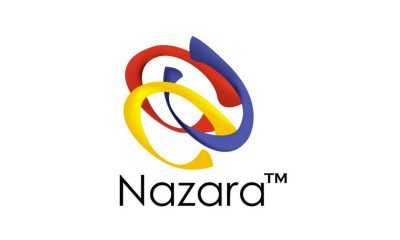















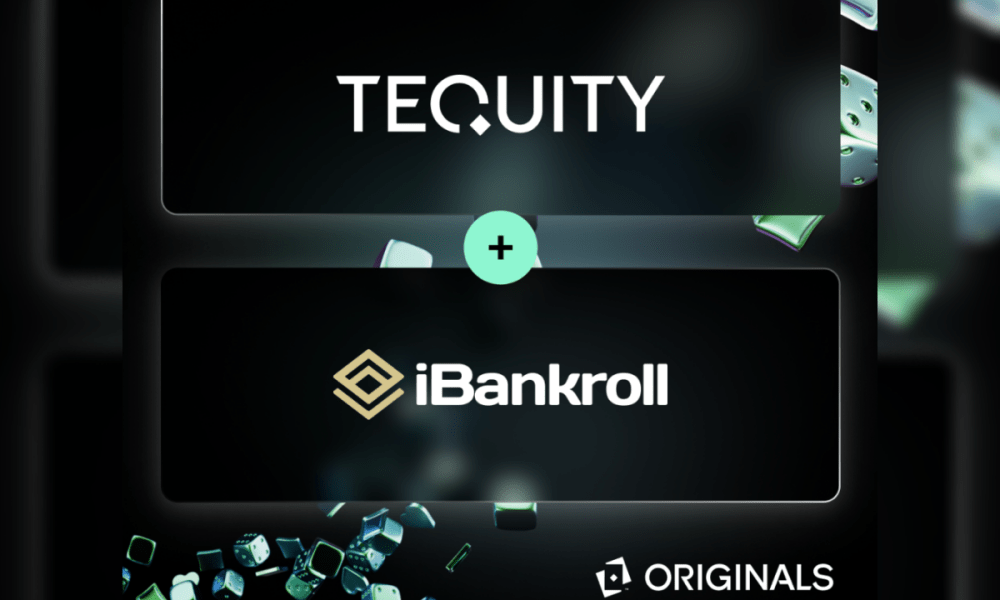

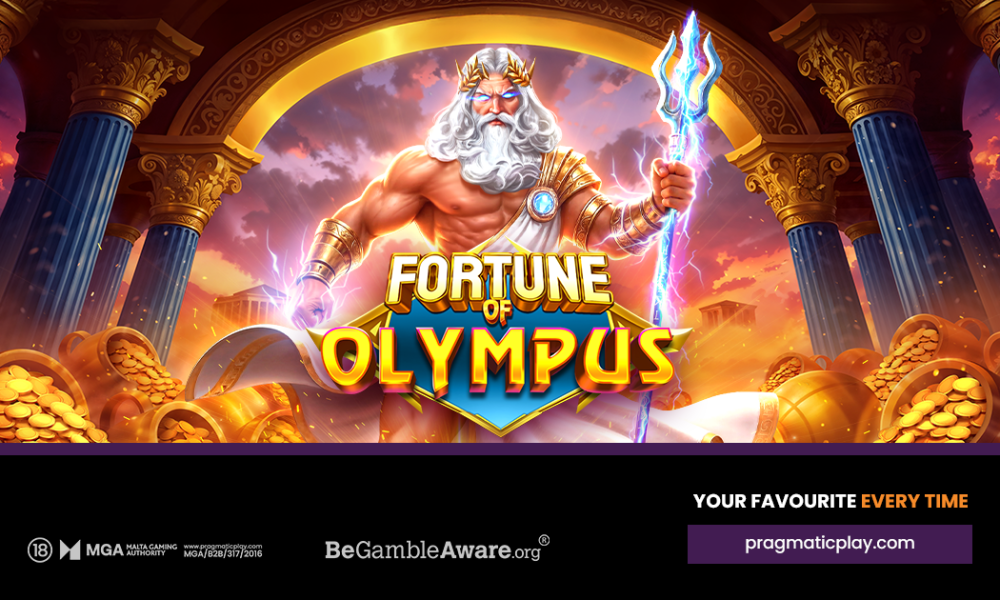
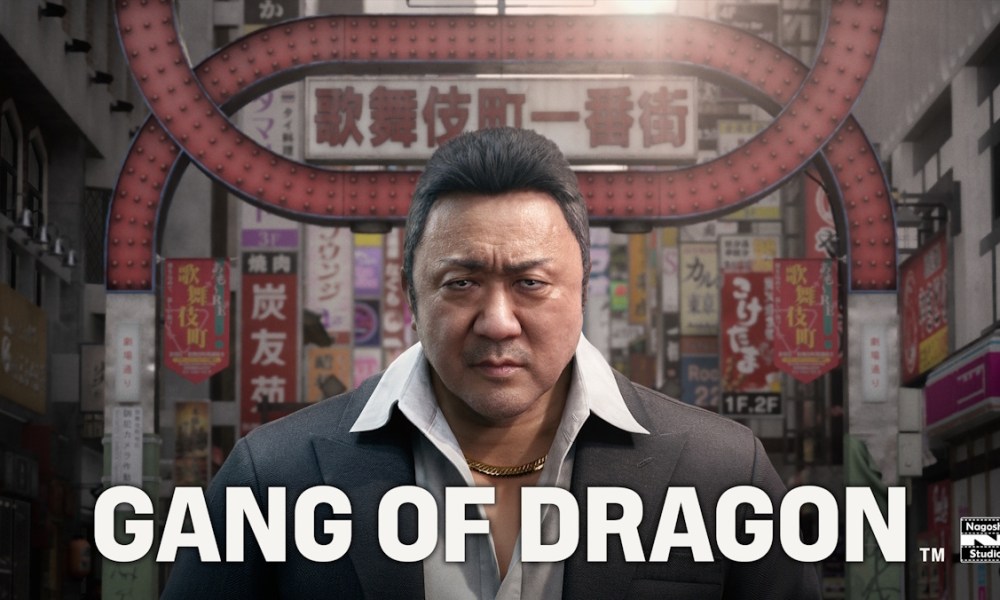
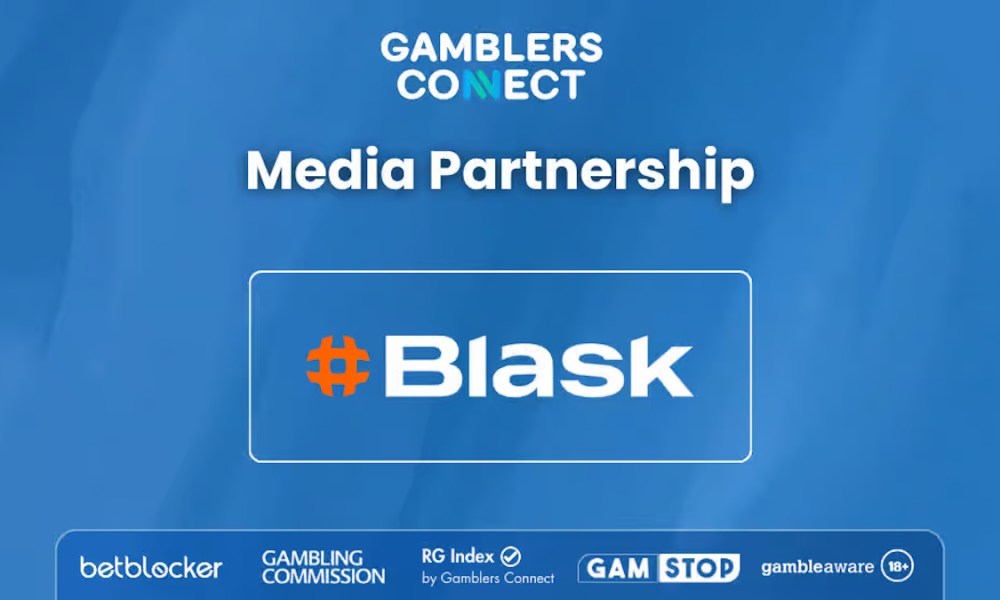
You must be logged in to post a comment Login